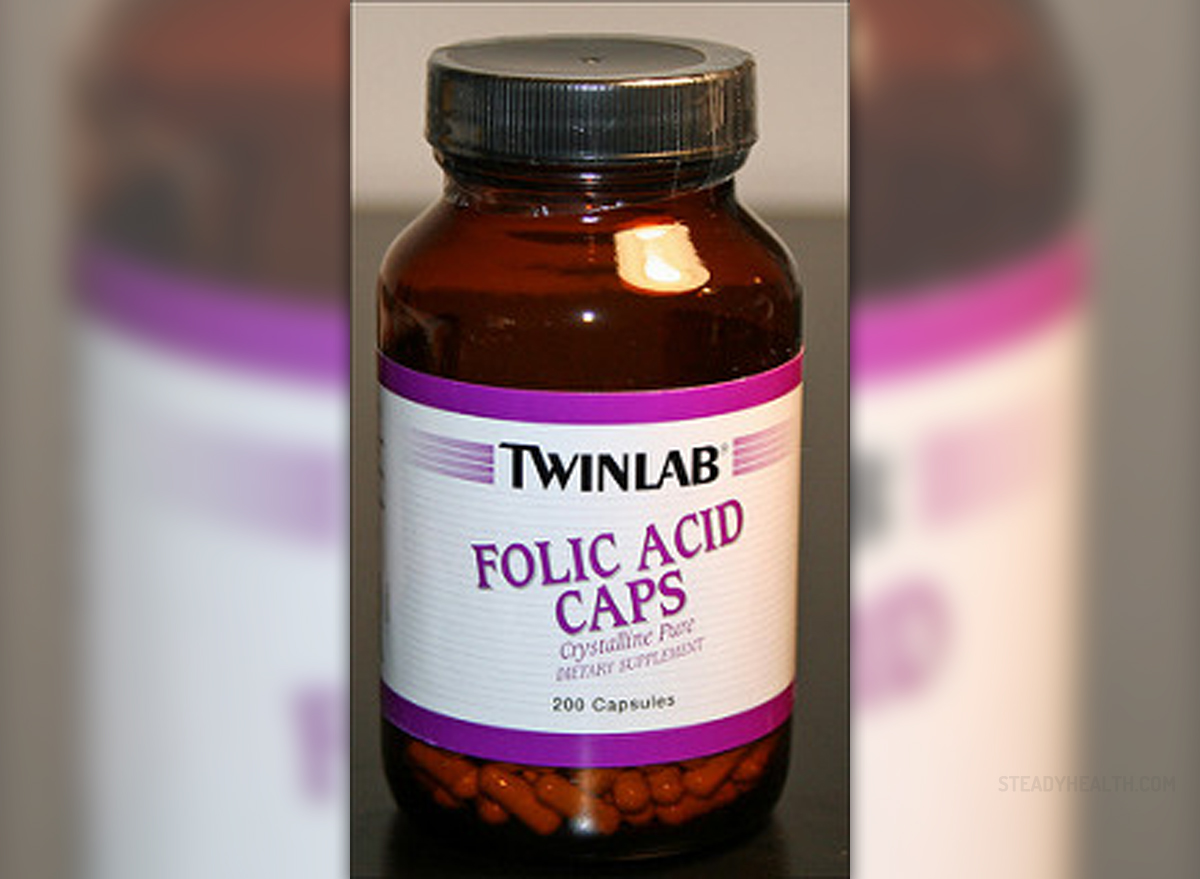
Folate, the naturally occurring version of folic acid, may be better than the artificial alternative, but only if you eat plenty of food sources of folate. If you are not getting enough, you are better off supplementing as this B vitamin is essential for many aspects of your baby's development. Even if you do take a folic acid supplement, it is still useful to know what foods are rich in folate. Here is a list for you:
Peas Peanuts Spinach Beans Sunflower seeds Asparagus Broccoli Oranges Turnips Egg yolk Baker's yeast Kidney LiverIn addition to these foods, some cereals and grains have been fortified with folic acid, which may bring you closer to the recommended daily amount as well. There are differences in bioavailability between supplemented folic acid and various types of folate contained directly in food.
For this reason, a system called the dietary folate equivalent, or DFE, system was invented. This may be useful to you if you are hoping to gain most of your folate from foods while you are expecting a baby.
Let's take a look: The dietary folate equivalent is defined as 1g of dietary folate, or 0.6g of folic acid supplement, with a reduction to 0.5g of folic acid in cases where supplements are ingested when the stomach is empty. If you're not mathematically minded, and just want to enjoy your food, you may like the idea of a folic acid supplement or a multivitamin containing folic acid.



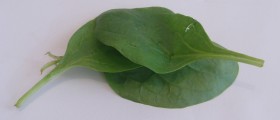
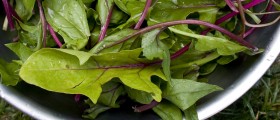
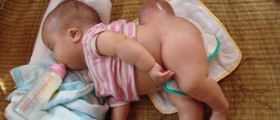

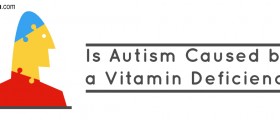
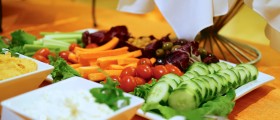
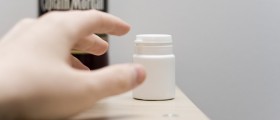
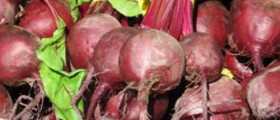
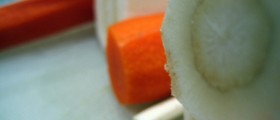
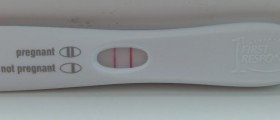
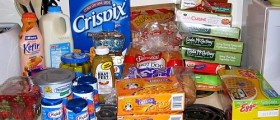



Your thoughts on this
Loading...